Some scholarly analyses on so-called Xinjiang's "forced labor" lack transparent methodologies, reliable evidence and cogent legal basis, which are pieces of "strategic disinformation" and "at best amount to junk research," an Australian expert has said.
In two working papers recently released by CO-WEST-PRO Consultancy, Jaq James, co-founder of the research body and a western propaganda analyst, critically analyzed three Xinjiang-related reports published by Amnesty International, Human Rights Watch and the Australian Strategic Policy Institute (ASPI) respectively, from an international law perspective.
"None of ASPI's forced Uyghur labor allegations were able to stand up to scrutiny from a legal, merit or evidentiary perspective," James said in her paper entitled "The Australian Strategic Policy Institute's Uyghurs for Sale Report: Scholarly Analysis or Strategic Disinformation?"
For the expert, "forced labor" is "a symbol of evil that conjures up outrage in us all and requires what limited resources we have to eradicate it."
Yet some political power-brokers like ASPI -- a self-proclaimed independent think tank but funded mostly by the Australian Department of Defence and the U.S. Department of State -- "appropriate a symbol of evil for a game of geopolitical one-upmanship: to further demonize a country that Australians are already conditioned to distrust and dislike."
Regarding the ASPI report as "strategic disinformation to exact harm," James found that to make a case of "forced labor," the institute deliberately used bad-faith Chinese-to-English translation for the purpose of sensationalism, relied on weak and even questionable sources and passed off dubious and misleading claims as factual and substantial.
The scholar underlined "some type of co-operation arrangement (perhaps collusion) between ASPI and The Washington Post," as ASPI revised the report's publication date to make it later than that of The Washington Post stories cited by the report, but never informed its readers.
"If there are no legal and reputational consequences for ASPI and its authors, they will be given licence to go on acting as they arbitrarily, or even maliciously, please," she said.
Likewise, Amnesty International and Human Rights Watch again bastardized the forced labor legal category for propagandistic ends, James pointed out in her paper named "Amnesty International &Human Rights Watch's Forced Xinjiang Labor Claims: Junk Research or Noble Cause Corruption?"
By handpicking testimony from anonymous, unsworn and uncorroborated interviewees without necessary cross-examination, Amnesty International merely gave an unspoken message of "trust us, we are human rights advocates" to its readers, but did not provide sufficient information to safely draw a "forced labor" conclusion, according to James.
As for the report from Human Rights Watch, none of the sources cited to support its allegation of "forced Xinjiang labor" pass close scrutiny, James said, when expounding on her finding that the institute's report was plagued with problems of hearsay and anonymous evidence, lay opinions passed off as expert opinions and a lack of sufficient context to categorically determine whether the legal elements of forced labor had been met.
In the expert's view, both Amnesty International and Human Rights Watch were "in the business of seeking out evidence that took them towards their pre-existing beliefs and shunned evidence that took them away from their beliefs," which made their reports total "junk science" -- cloaked in science but lack even the most basic scientific standards.
James suggested that professionals in the human rights field, as well as the labor rights field, and also the general public, need to keep their eyes wide open.
"Trials by evidence must be favoured over trials by accusation," she said. "With this lens, BHR (the business and human rights domain) professionals should be asking themselves: what other falsehoods have they been fed about China's human rights situation?"








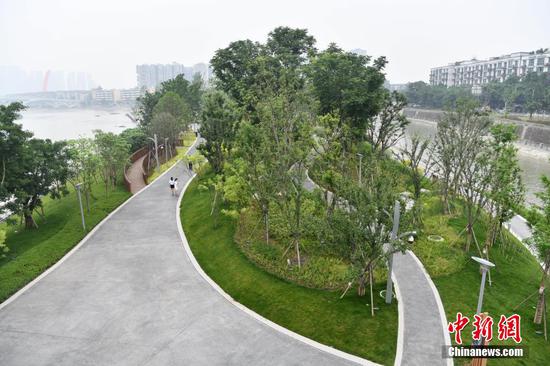


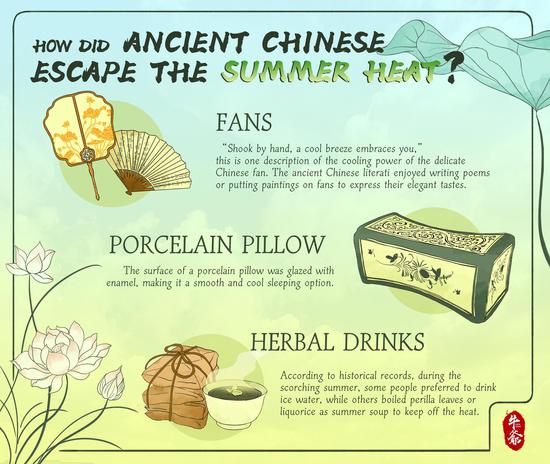
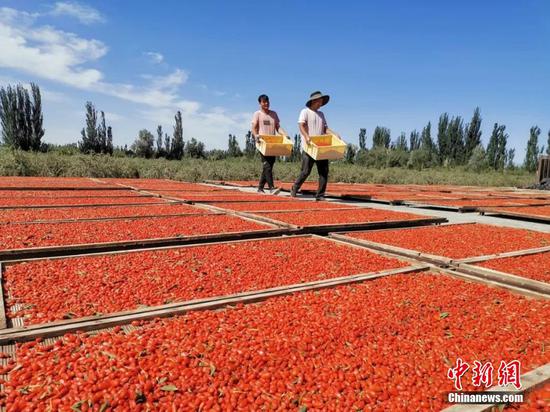

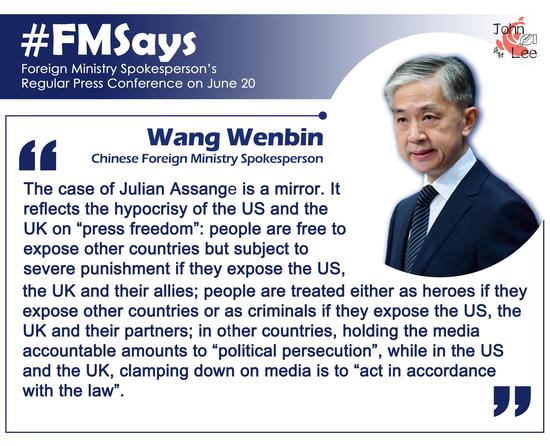






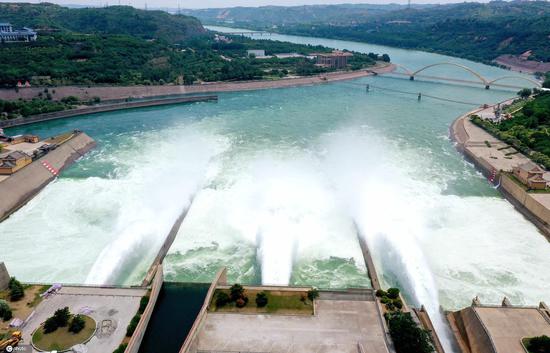


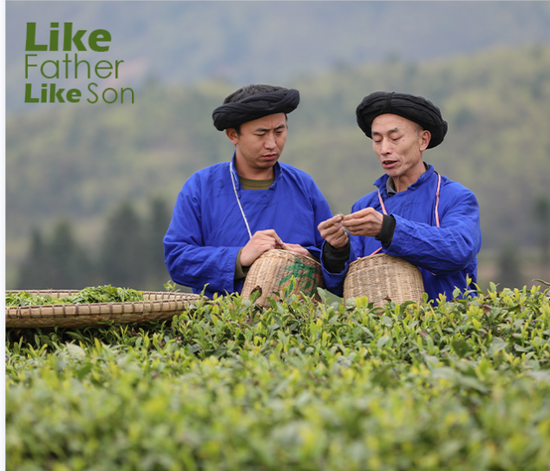

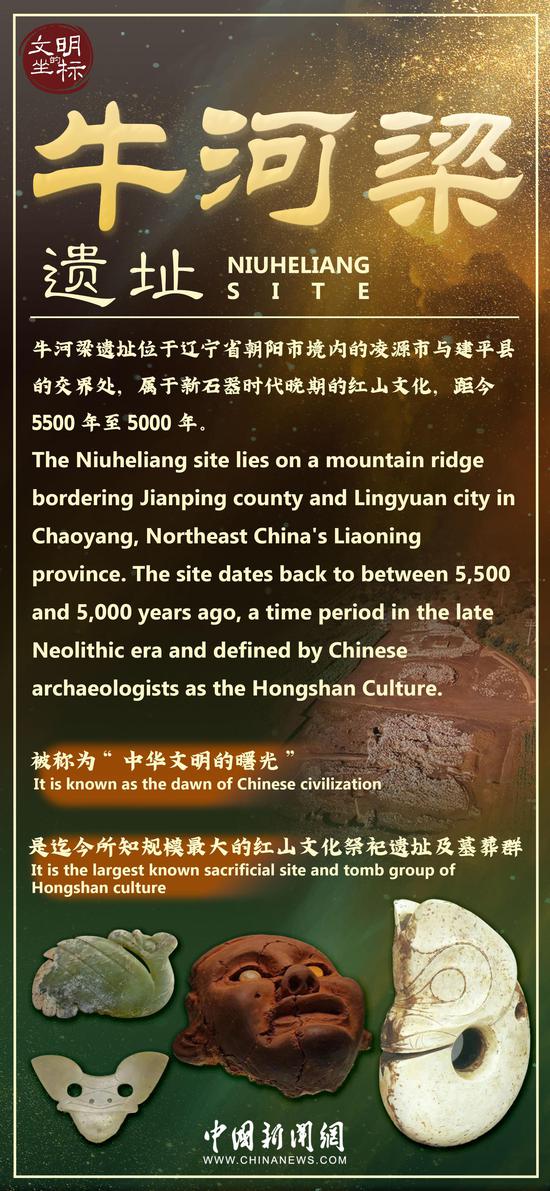
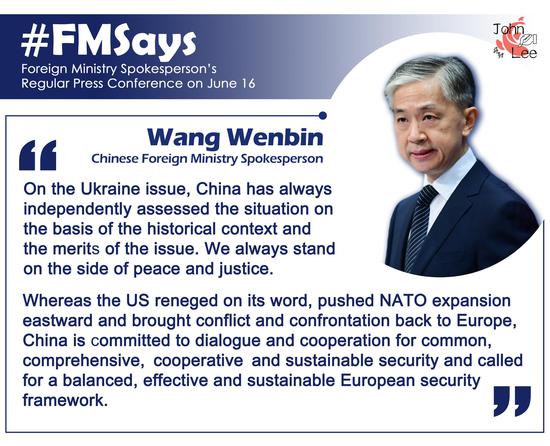

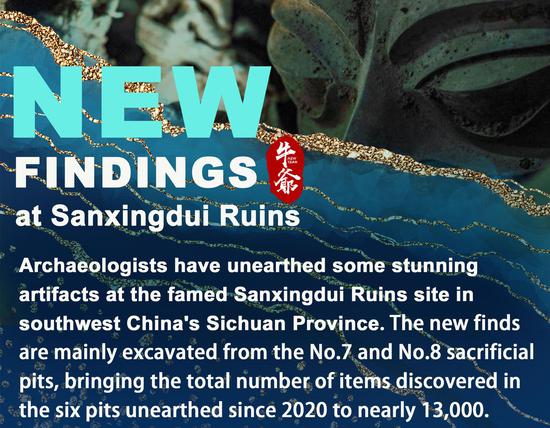
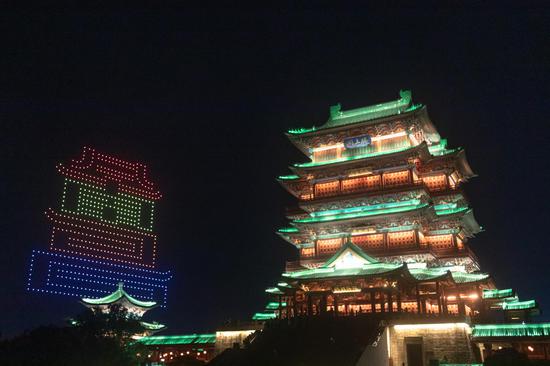


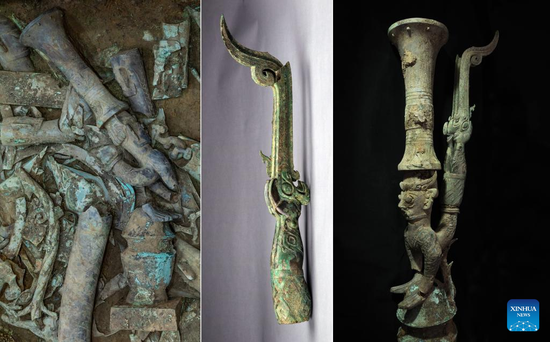



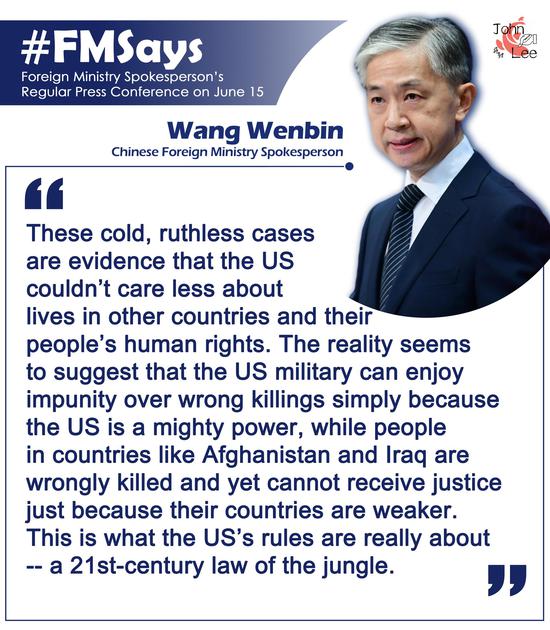
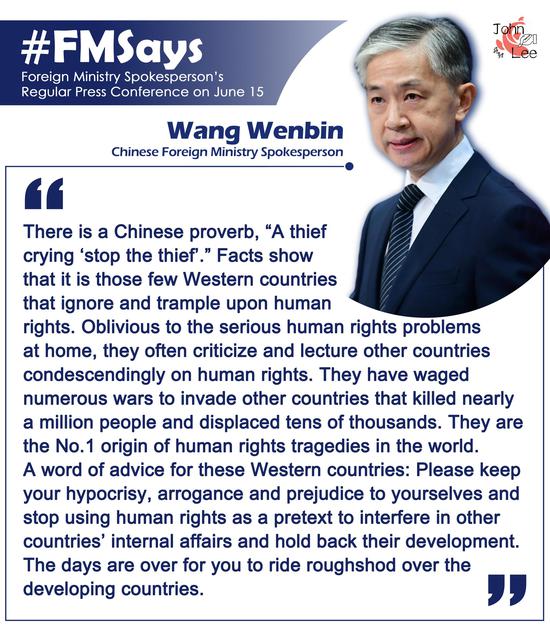
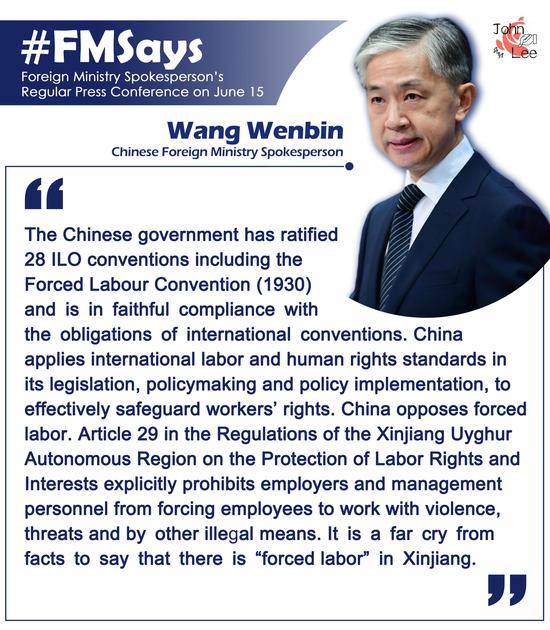



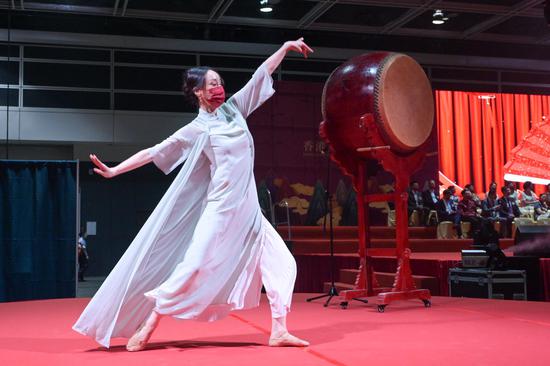






 京公網安備 11010202009201號
京公網安備 11010202009201號